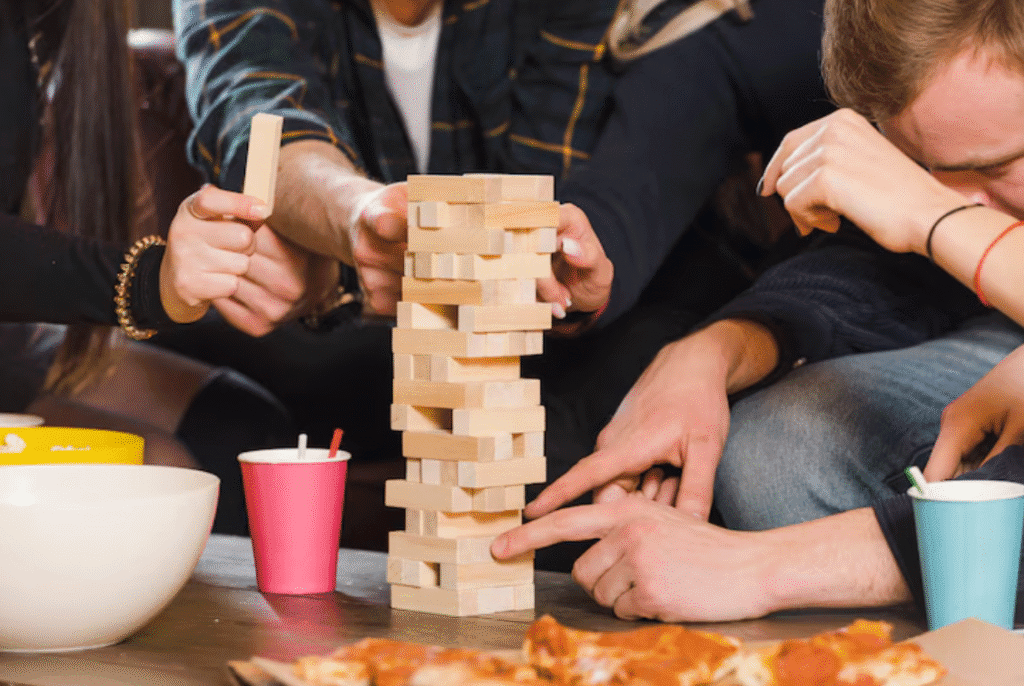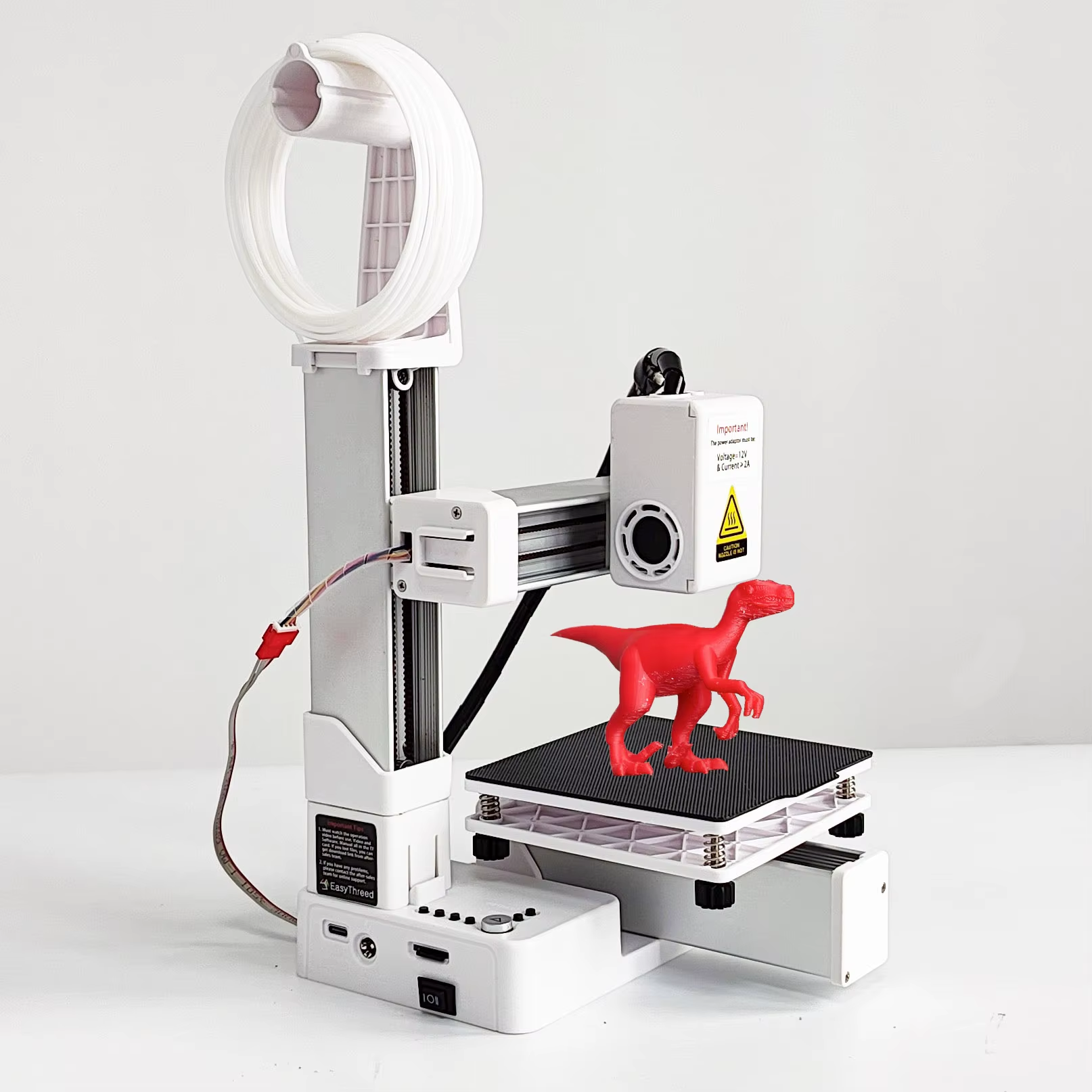Puzzle games like Tetris, Candy Crush, Portal, and The Witness challenge your problem-solving skills, pattern recognition, and logical thinking. Success in puzzle games comes from patience, strategy, and often a bit of creative thinking. Whether you prefer matching puzzles, logic puzzles, or physics-based challenges, here’s how to approach puzzle games strategically.
1. Understand the Rules Thoroughly
Before diving in, take time to understand the game mechanics, rules, and objectives. Knowing exactly what is required to solve each puzzle helps you avoid mistakes and unnecessary moves.
2. Plan Your Moves Ahead
Look several steps ahead to anticipate the consequences of your actions. In many puzzle games, planning your sequence of moves is key to solving efficiently and avoiding dead ends.
3. Break Down Complex Problems
If a puzzle seems overwhelming, break it into smaller, manageable parts. Solve each part separately and then combine solutions to tackle the bigger challenge.
4. Look for Patterns and Clues
Many puzzles rely on recognizing patterns, repeating sequences, or subtle hints. Train your observation skills to spot these clues quickly and use them to your advantage.
5. Experiment and Learn from Mistakes
Don’t be afraid to try different approaches. Puzzle games encourage experimentation, and mistakes often teach you what doesn’t work, helping refine your strategy.
6. Manage Limited Resources or Moves
Some puzzles limit the number of moves, time, or resources. Prioritize efficient actions and avoid wasting moves on non-essential tasks.
7. Use Available Tools and Power-ups Wisely
If the game offers tools, power-ups, or hints, use them strategically. Save powerful aids for the toughest challenges or critical moments.
8. Stay Patient and Persistent
Puzzle games can be frustrating but maintaining patience is vital. Taking breaks and returning with fresh eyes can improve problem-solving ability.
9. Learn from Others and Share Strategies
Watch tutorials, read guides, or discuss with other players to discover new techniques or shortcuts. Sharing knowledge can open new ways to solve puzzles.
10. Enjoy the Challenge and Celebrate Progress
Remember, puzzle games are designed to challenge and entertain. Celebrate small victories and enjoy the satisfaction that comes from cracking tough puzzles.

Mastering puzzle games involves a mix of careful planning, pattern recognition, and creative problem-solving. By understanding the rules, thinking ahead, and learning from each attempt, you’ll enhance your ability to solve puzzles efficiently and enjoyably. With practice and persistence, you can conquer even the most challenging brain teasers.



